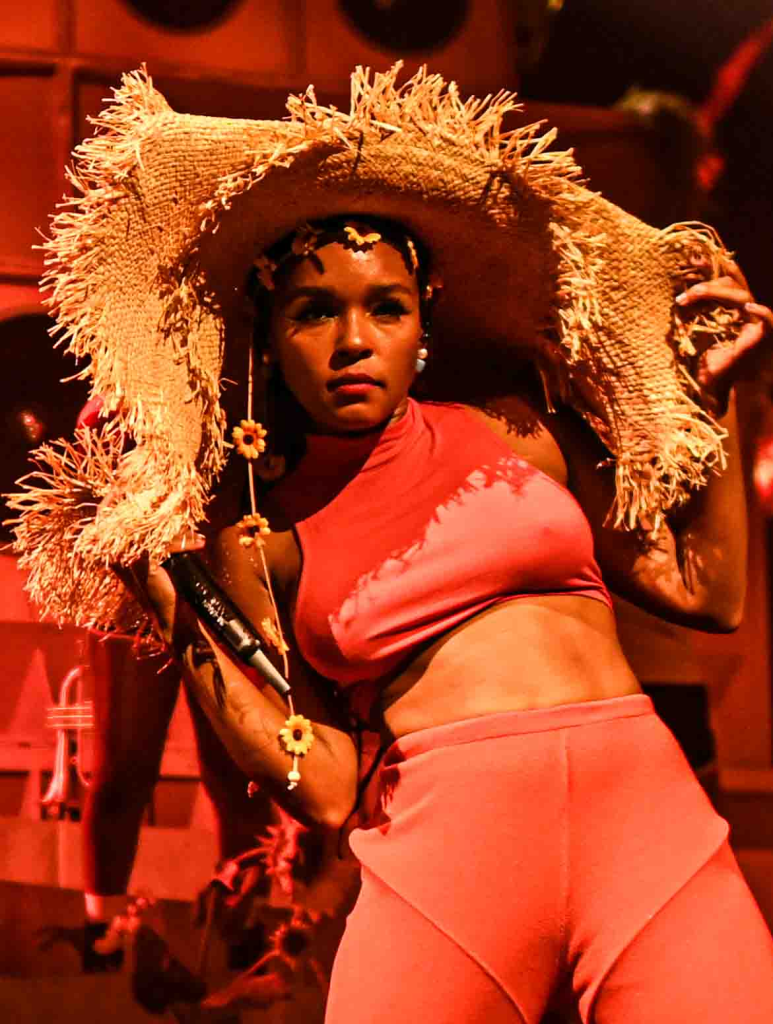In Janelle Monae’s 2018 album, Dirty Computer, Janelle positions computers as analogous to humans, highlighting the rigid nature of both. Both this album and Haraway’s concepts, challenge traditional gender, sexuality, and race roles within human beings using the “human v machine” debate as a closer look into this. Janelle mainly uses the term “dirty computers” to describe a computer that has a bug or virus in it. Translating this to humans, this would mean any human that does fit the societal mold of what it means to be perfect. And perfect for Janelle is a white straight man. Haraway deems the cyborg as something similar: the rejection of what it means to be a perfect human. There are binary constraints that a cyborg cannot adhere to, and similarly, neither do humans who were born “different”. In this case, the narrative of it being “bug” is a positive to Janelle and she does not shy away from celebrating her differences. To Haraway, the only way to liberate hybridity is to reject the societal notions and constraints that lead to this.

In the beginning of “Crazy, Classic, Life” Janelle offers her rendition of the declaration of independence by declaring “That all men and women are created equal”. This particular lyrics then challenges and confronts the lack of female inclusion without society, culture, and politics in documents that have become the backbone of America. If America will not include her, then Janelle would force it to. It is this unabashed opinion that mirrors the exact critique Haraway has on the power behind the patriarchal structures in our society. Janelle also unwinds the intersectionality between her race and gender by comparing her stress as a black woman to the stress her afro undergoes when it is forced to be “pressed”. Hairstyles in the African American community is ranked favorably paced in its vicinity to white hairstyles. Women who often walk out in their natural hair are seen as messy and unkempt. Haraway similarly rejects this one-sided privilege whether it be gender or race that is being exhibited. In “Django Jane”, Janelle attempts to “take back the narrative” from white men. Using the metaphor of a computer, she opts to rewrite her own future and identity.
Published by